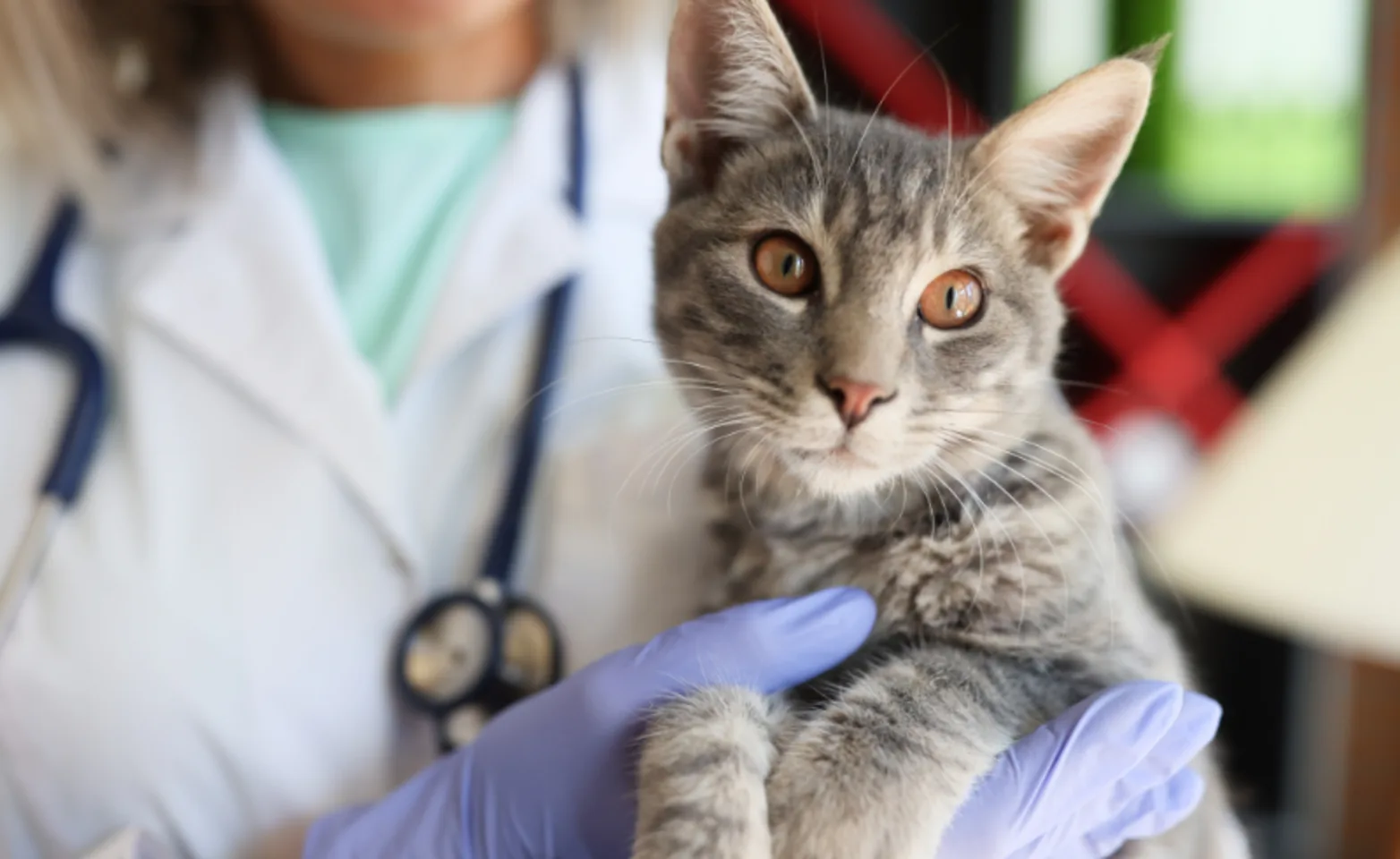Animal Emergency Clinic of the Fraser Valley

Our internal medicine team provides comprehensive care for complex medical cases in dogs and cats. When standard diagnostics fall short or treatments aren’t working, we use advanced tools to uncover and manage underlying conditions. Our team expertly evaluates vague symptoms like lethargy, vomiting, weight loss, coughing, and abnormal urination—signs that may point to deeper health issues.
We work on a referral basis and collaborate closely with your primary veterinarian to ensure your pet receives the highest level of care.
Health Issues Treated
Anemia, bleeding disorders
Chronic vomiting or diarrhea
Coughing & other breathing problems
Endocrine disease
Adrenal gland diseases
Complicated diabetes
Thyroid disorders
Infectious disease
Immune-mediated diseases
Kidney disease
Liver disease
Tracheal disease or collapse
Unexplained weight loss
Urinary incontinence or infection
Diagnostic Testing & Procedures Offered
Endoscopy
Bronchoscopy/BAL: lungs
Cystoscopy: bladder & urethra
Colonoscopy: colon
Gastroduodenoscopy: stomach & upper intestines
Proctoscopy: anal canal
Rhinoscopy, rigid and flexible: nasal cavity
Tracheoscopy: trachea (windpipe)
Vaginoscopy: vaginal canal
Advanced laboratory testing
Diagnostic imaging: radiography (X-ray), CT scans, ultrasound
Bone marrow aspirate
Interventional procedures
Biopsy and diagnosis of bladder or urethral masses
Voiding hydropropulsion
Esophageal, nasopharyngeal, and colonic ballooning
Feeding tube placement
Foreign body retrieval
Urethral stricture/urethral TCC ballooning
Collagen bulking
Electro Snare cautery polyp removal
Partial parenteral nutrition
Abdominocentesis
Thoracocentesis
Pericardiocentesis
Oncologic Staging
Treatment of small cell GI lymphoma
What do I need to do to prepare for my initial exam appointment?
We ask that you do not feed your pet the day of their appointment in case a test or procedure is recommended. Continue any medications as instructed unless told otherwise.
What should I bring with me to my appointment?
We will contact your primary veterinarian and ask for all pertinent information and any imaging that has already been performed. Your veterinarian may ask that you bring a disc or hard copy of the radiographs, which will be returned to you or your family veterinarian after all the information is interpreted by our doctors. There is a possibility that previously performed testing may need to be repeated.
How will I know the cost for testing or treatment needed?
Our Internist will review all history provided by the referring veterinarian and perform a complete physical exam during the appointment. Once the doctor has a thorough assessment of what is recommended, we will provide you with a detailed estimate to review. The estimate will include the exam, testing, treatment, and hospitalization costs, if needed.
Can I stay and wait with my pet while testing is being done?
You are welcome to stay in the building to wait for your pet’s testing to be completed and to meet with the doctor after they have reviewed the results. Unfortunately, you cannot be present during the testing, but we can provide you with an estimated wait time in case you would like to leave and come back later.
Does my pet have to be sedated for diagnostic testing such as radiographs, ultrasound, or lab work?
Typically, we do not have to sedate patients in order to perform non-invasive diagnostic procedures. If sedation is thought to be needed to ensure your pet remains comfortable for testing, this will be discussed at the consult with the doctor.
Can I speak to the doctor on the phone before my appointment?
Due to the complexity of most referral cases, it is not possible to obtain a diagnosis over the phone. Until we have received and reviewed all medical history and performed a thorough physical exam, we will not be able to offer medical recommendations for your pet.
What can I expect if my pet needs to be hospitalized?
If your pet requires hospitalization, a treatment plan and a cost estimate will be provided. Your pet will be monitored and cared for by a technical support staff with a staff veterinarian during the overnights and weekends to ensure they receive the same top-quality care as they would during the weekdays.

